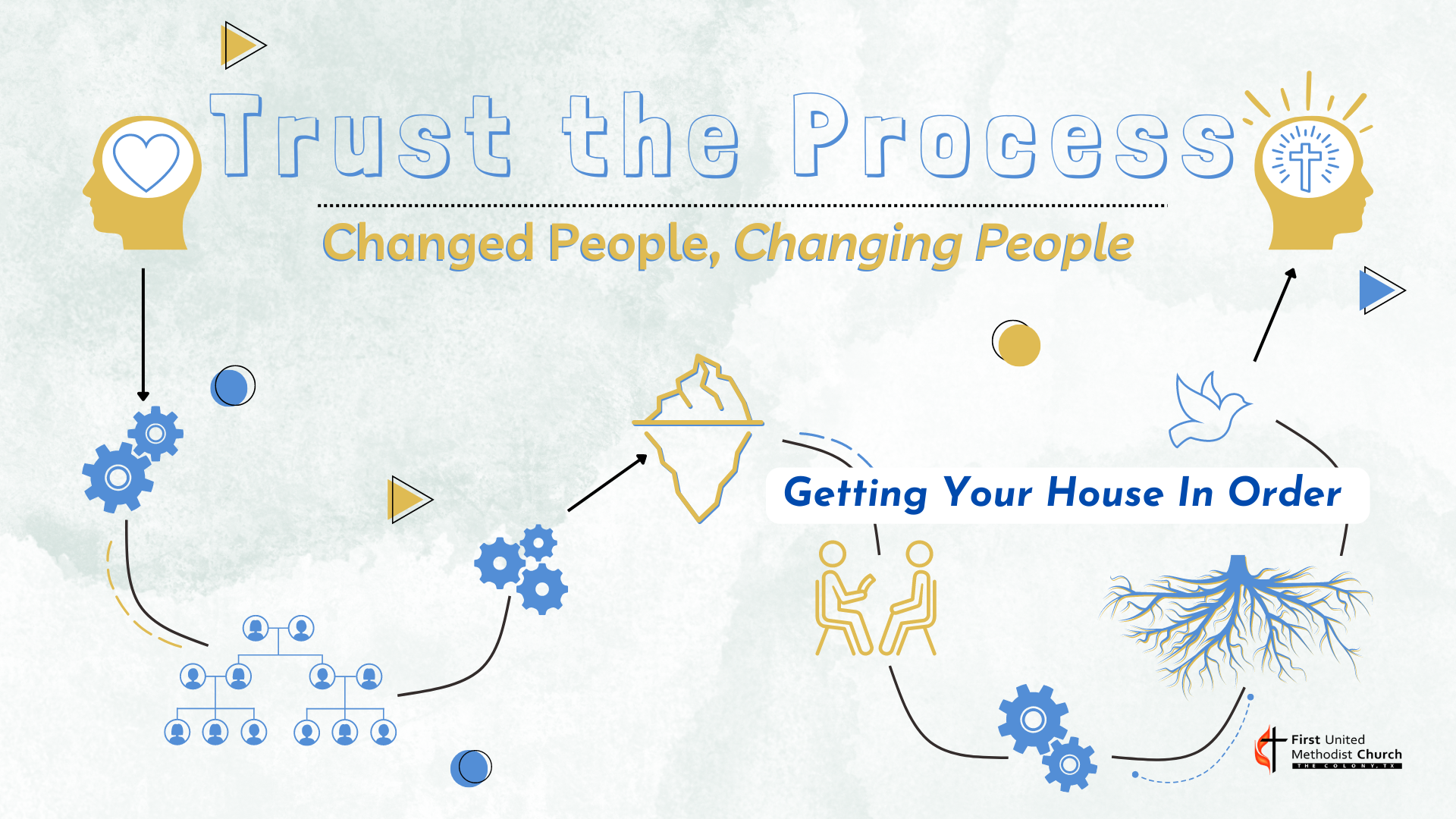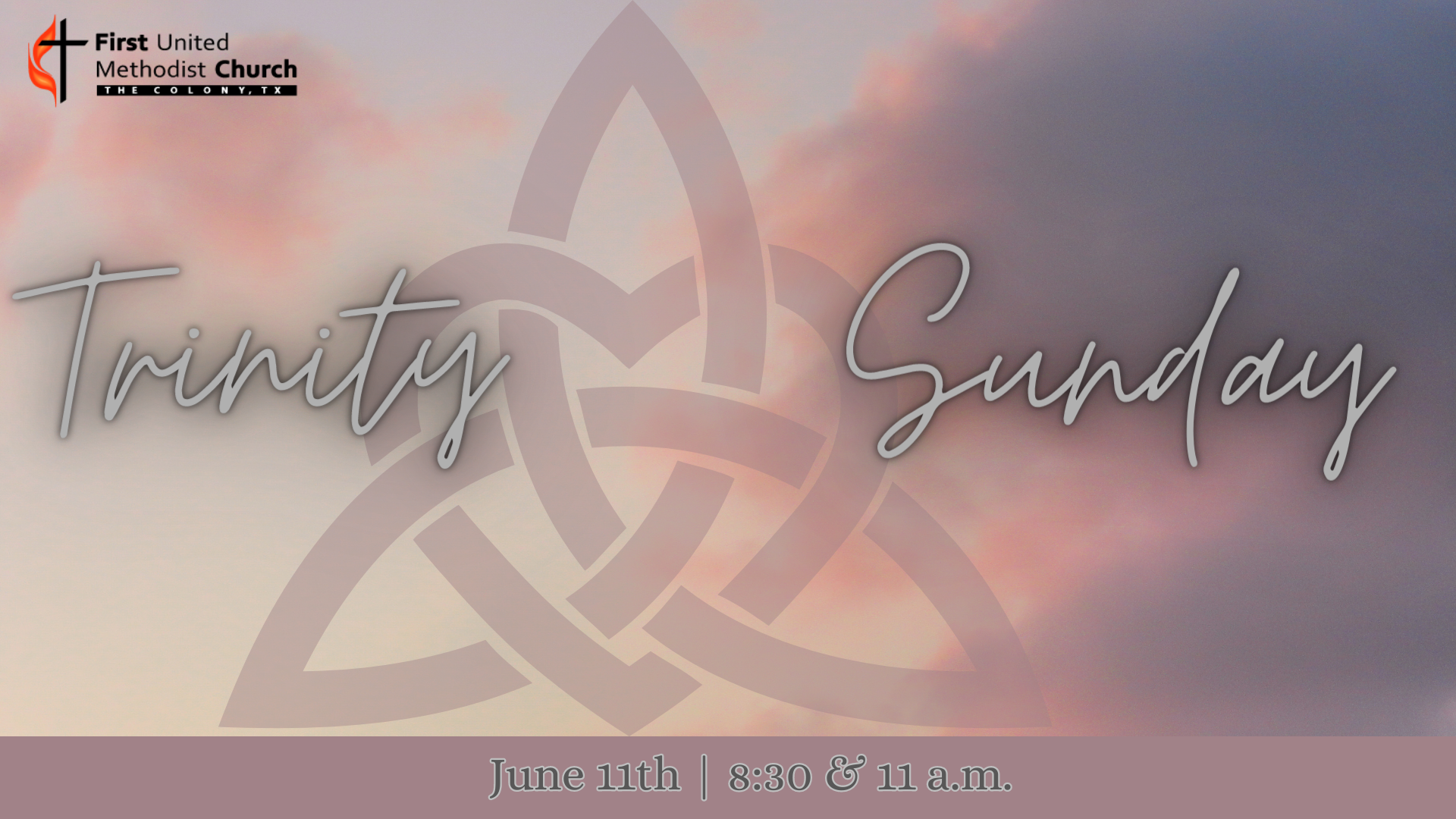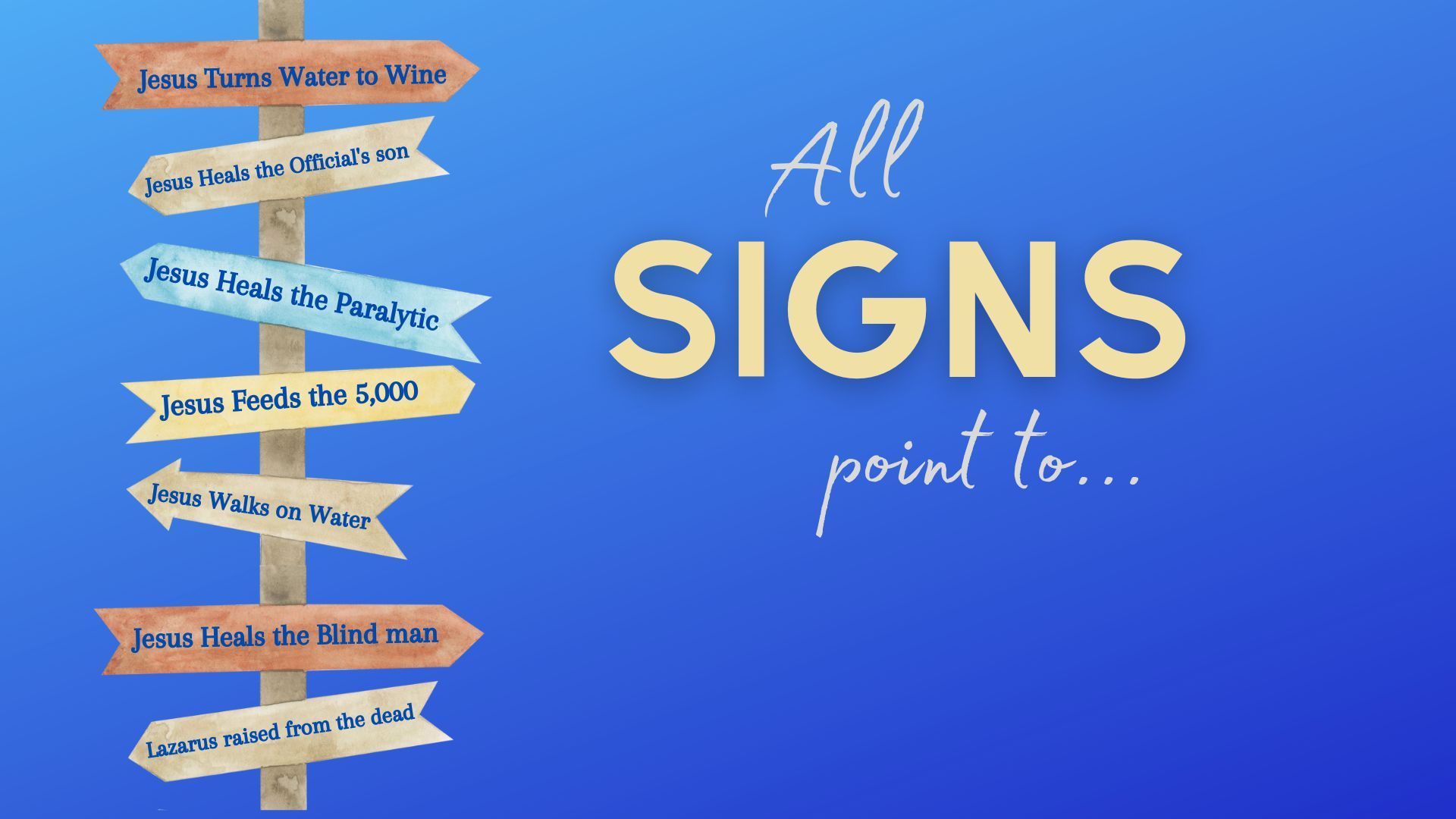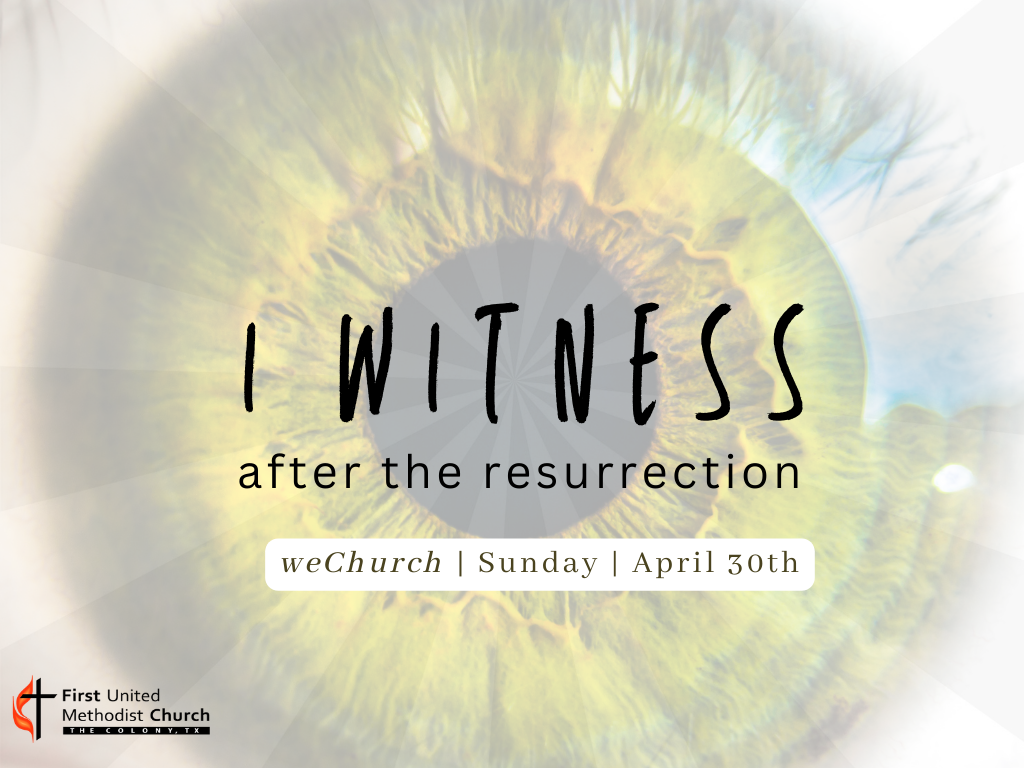Scapegoating

Human nature, especially that which seeks power, tends to want to either play the victim or to create victims of others. In fact, the second follows from the first.
That is, once we start feeling sorry for ourselves, we quickly find someone else to blame, accuse, or even attack. These actions settle the dust within our souls quickly, alleviating any immediate shame, guilt, or anxiety that was overwhelming us. Which is to say, blaming, accusing, or attacking actually works…
for a little while.
Philosopher René Girard (1923-2015) call this tendency in humans “the scapegoat mechanism” and suggests it is the central pattern for the creation and maintenance of cultures worldwide since the beginning. And honestly, it’s kind of hard to argue against him. We don’t have to look hard to see how hating, fearing, or diminishing
others holds
us
together.
This is a sad and unfortunate reality of the human predicament. When we (here I refer to the “Royal We”) feel victimized, wronged, etc. we scapegoat the blame or shame onto others, leaving others to receive and repeat the process.
And yet a new way has been extended to us.
Jesus’ death on the cross put an end to scapegoating by taking upon himself the lame, shame, and guilt we feel.
In Christ we’re re-connected to God and one another by something greater than blame, shame, or guilt… we’re connected by the love revealed in forgiveness.
If the Church exists for nothing else, perhaps one of Her primary roles is to reveal this love and break the “scapegoat mechanism” once and for all.
But there’s two layers to that work: (1) the collective, corporate, communal, and (2) the individual.
This week we continue our four week series:
When the Call Comes…
and we’ll dig into the story of Moses’ call found in Exodus 3-4.
Now: I’m going to give you some homework this week in preparation for Sunday. And since many of you are frozen in already, I pray you get a chance to take this assignment on.
Your task is thus: Read Exodus 3-4, paying particular attention Moses’ response(s) to God.
Spend some time familiarizing yourself with Moses’ entire call story. Notice how the scapegoat mechanism is at work in Moses’ call narrative. How is he struggling with feelings of self-worth, self-confidence, and fear? And how does the conflict within his soul effect his willingness to inhabit God’s call on his life?
Blessings & Peace,
Rev. Taylor Smith
